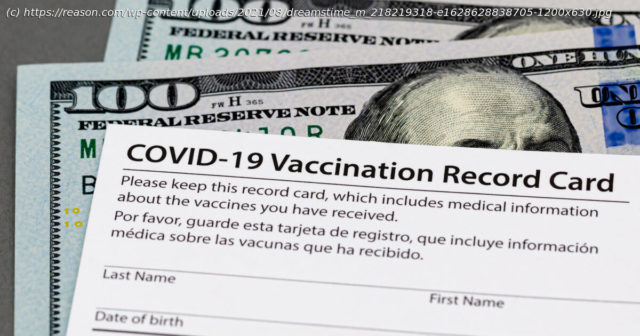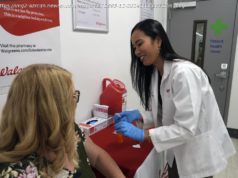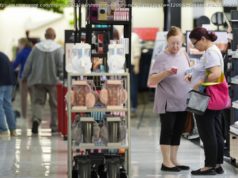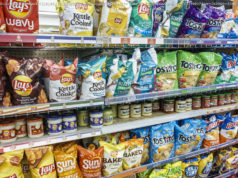Mandates, instead of incentives, were always going to drive people away.
Given my warnings about the dawning age of vaccine passports, it shouldn’t have surprised me when my phone rang over the weekend and an old college buddy asked if I could hook him up with a forged COVID-19 Vaccination Record Card. For the record, I can’t help with that, but plenty of other people can. Proliferating requirements for proof of vaccination by schools, employers, and governments have, inevitably, spawned a thriving industry in bogus documents for use by those who don’t want to get jabbed, or who resent being bossed around. Back in February, when vaccines were young and we were all pretending to be innocent, the Federal Bureau of Investigation warned that posting photos online of vaccine cards could invite ID theft and, more convincingly, that people were „using the vaccination cards placed onto social media to forge vaccination cards and selling them for profit.“ Later, the FBI called out active markets in forged cards and arrested vendors of the documents. „The unauthorized use of an official government agency’s seal on such cards is a crime that may be punishable under Title 18, United States Code, Section 1017, and other federal laws,“ warn the feds. „Penalties may include hefty fines and prison time.“ Note that black market vendors of bogus vaccine cards began appearing prior to New York City requiring proof of COVID-19 vaccination for entry to the city’s bars, restaurants, gyms, and concert venues. Demand for their wares can only grow now that other jurisdictions are floating similar requirements. Even before local governments seriously considered requiring shots, employers and colleges began the trend. The federal government, Microsoft, Tyson Foods, and Walmart are among the larger employers mandating vaccination for some or all on-site workers. Tyson suffered COVID-19 closures at plants as early as spring of 2020, and fears further disruption from outbreaks among its workforce. Colleges, too, worry about large numbers of people in close quarters in classrooms and dormitories. As of this week, The Chronicle of Higher Education counts 675 campuses requiring students and employees to be vaccinated against COVID-19.






